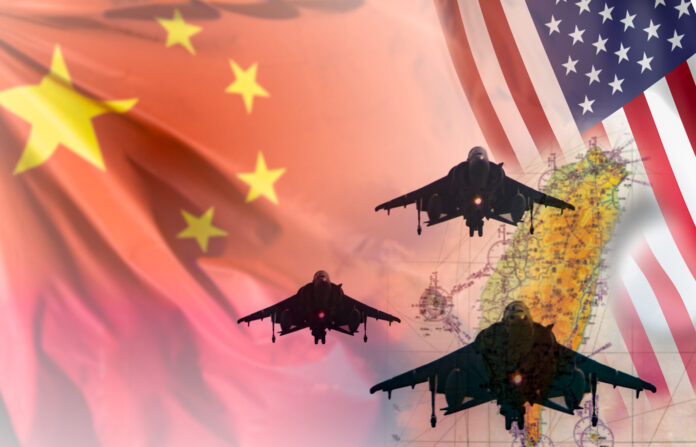Authors: Georg Fahrion (Beijing Correspondent), Katharina Graça Peters (Seoul, South Korea), Alexander Sarovic (International Department Editor), and Bernhard Zand (Hong Kong)
Affiliation: SPIEGEL International
Organization/Publisher: SPIEGEL International
Date/Place: October 15, 2021/ Hambourg, Germany
Type of Literature: Article
Word Count: 3200
Keywords: Far East, Indo-Pacific, USA, China
Brief:
The authors analyze rising tensions in the Indo-Pacific region, a dynamic region economically as it has a huge share of global shipping. The US has had power in this region since WWII. Washington created alliances, changed regimes, and helped some countries to grow prosperous during that period. For the last decade, China has increased its regional presence economically and militarily. The authors believe that China seeks to change the status quo of the region in order to be the one power in the sea that it borders. China’s National Day military exhibition in Zhuhai, where its view looks out on the South China Sea, gave a message to Washington with China’s military pieces of equipment. The rising arms race in the Indo-Pacific turns the region into a dangerous place which can be a new Cold War theater. South Korea has already armed itself in the face of North Korea and it now seeks to arm itself more against the increasing armament in the region. Along with the establishment of the AUKUS alliance between Britain, the US, and Australia, London and Washington are giving to Australia nuclear-powered submarines. This move has disturbed China, and secondly can lead to other nations exploiting the International Atomic Energy Agency (IAEA) “submarine exception” by building or acquiring nuclear-powered submarines as a stepping stone to acquire the enriched uranium needed for nuclear weapons. The resulting increase of military capacity of China is a danger to Taiwan as China still wants to unify Taiwan with the mainland; and as the US’ power declines in the region, for Australia this could mean that it shoulders the burden for any tension and instability. For this reason, Washington is increasing its alliances and armaments in the Indo-Pacific region.
By: Esra Ibrahimagaoglu, CIGA Research Assistant




